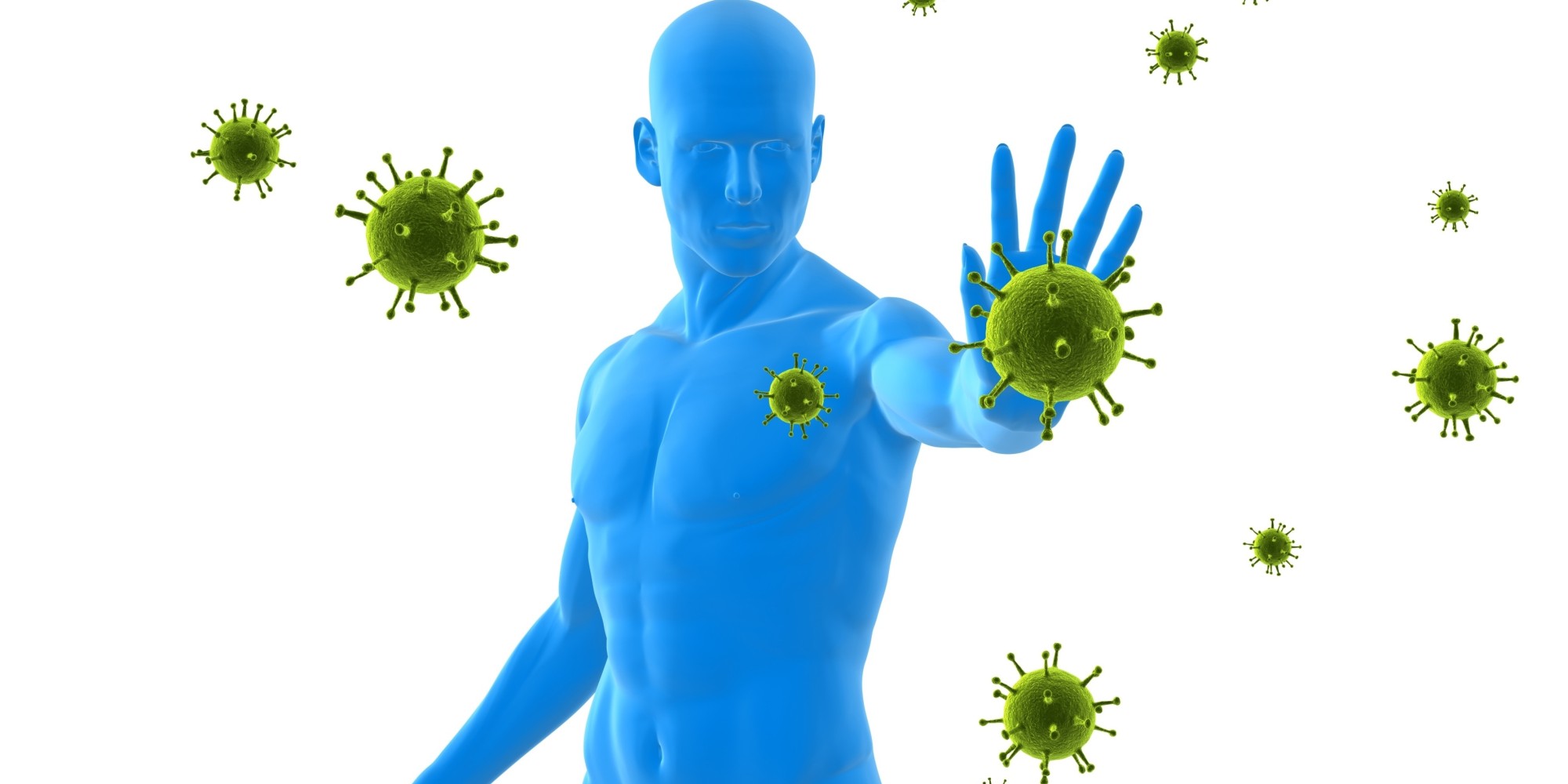Is my Immune System causing Infertility?
Saturday, August 5, 2017
 Unexplained and intermittent loss of pregnancies is a sad and baffling condition. There are various non-embryologic components that can be in charge of fizzled IVF. Your immune system secures you against irresistible organisms and different things that could trigger sickness.
Unexplained and intermittent loss of pregnancies is a sad and baffling condition. There are various non-embryologic components that can be in charge of fizzled IVF. Your immune system secures you against irresistible organisms and different things that could trigger sickness.
The main protector of your body is the white platelets that target the attacking creatures and demolish them. When a foreign substance is discovered, a portion of the white platelets creates a neutralizer, which bolts on to the gatecrasher. Other white platelets, called T cells, destroy the intruders that are labeled with antibodies.
Once that happens, your body produces antibodies, so if a similar intruder restores sometime in the future, the antibodies which are within you now are ready to fight back. This is the main reason you do not get infectious diseases such as chicken pox, more than once.
Immune testing is a diagnostic test that may help uncover the cause of your infertility or recurring pregnancy loss and increase your chance of a successful pregnancy. You may hear about two types of immune tests:
The Anti-sperm Antibody Test:
Sometimes the female immune system sees sperm as a foreign substance and produces antibodies against it and this rarely causes infertility in women. However, if a man’s immune system reacts to his semen as a foreign substance, his antibodies can harm or kill the sperm and make it troublesome for them to fertilize an egg. These anti-sperm antibodies are usually caused by contamination, damage, or surgery. About 35% of infertility cases are attributed to male fertility problems, usually because the man cannot produce or deliver fully-functioning sperm. If no other cause for infertility can be found, the male partner may be asked to take an anti-sperm antibody test. The greater the quantity of sperm found with antibodies in the semen, the less likely the chances of the female becoming pregnant.
 Killer Cells:
Killer Cells:
Sometimes when individuals have an organ transplant, similar to another kidney or heart, their immune system sees the transplant as a foreign body and rejects it. A similar thing can happen when you are pregnant. If your immune system does not legitimately modify for pregnancy, some T cells called killer cells may see the fetus as a foreign invader and attack it.
A biopsy of the endometrial covering of your uterus can decide whether you have a higher than normal level of killer cells. Large amounts of these cells may lead to pregnancy loss.
There are various biological factors contributing to autoimmune infertility. These include a multitude of cellular and inflammatory changes, some of the most common factors are discussed below.
Endometriosis:
Endometriosis is a condition where the uterine lining (endometrium) grows on pelvic structures outside the uterine cavity. In early-stage endometriosis there is usually little, if any, visible evidence of anatomical distortion sufficient to compromise the release of an egg (ovulation) or its transportation from the ovary to the fallopian tube. In contrast, advanced endometriosis is characterized by the presence of pelvic adhesions sufficient to distort normal pelvic anatomy and interfere with fertilization as well as egg/embryo transportation mechanisms. Women who have this condition are much more likely to experience infertility.
Autoimmune thyroid disease and infertility:
Thyroid diseases involving anti-thyroid antibodies have been correlated to infertility and increased pregnancy loss. Autoimmune thyroid disease, even in the absence of hypothyroidism has been associated with infertility and reduced response to fertility treatment. It has also been associated with gluten related autoimmunity. Autoimmune thyroid disease can lead to hypo or hyperthyroidism which can impact fertility and cause miscarriage.
Who is in Need of Fertility Testing?
People with the following indications may want to consider getting testing by a Reproductive Immunologist. A Reproductive Immunologist differs from a Reproductive Endocrinologist, which most couples are referred to when facing infertility issues. Reproductive Immunologists have the training and skills to determine if there is in fact an immunological response gone awry that is causing difficulty in getting pregnant or carrying to full term.
- 2 or more miscarriages after the age of 35
- 2 IVF failures after the age of 35
- 3 miscarriages before the age of 35
- 1 failed IVF before the age of 35
- Poor egg production from a stimulated cycle (6 eggs or less)
- Blighted ovum
- Pre-existing immune problems (Lupus, Rheumatoid Arthritis, MS)
- Unexplained Infertility diagnosis
- Previous pregnancies showing retarded fetal growth
- 1 healthy pregnancy with all subsequent pregnancies ending in miscarriage
- Endometriosis, especially stage 1 & 2
- Cold and flu-like symptoms, sore throat noted regularly after ovulation, IUI, or IVF transfer
- Family history of immune disorders, on either side of the family
 The immune system is vital for the human body, it safeguards it against diseases and cancer. In pregnancy, immune cells help the uterus tolerate and nurture the embryo in spite of it carrying foreign genes from the father. Immune cells likewise support vein changes that stimulate advancement of the placenta.
The immune system is vital for the human body, it safeguards it against diseases and cancer. In pregnancy, immune cells help the uterus tolerate and nurture the embryo in spite of it carrying foreign genes from the father. Immune cells likewise support vein changes that stimulate advancement of the placenta.
Conclusion:
We must support our bodies not only nutritionally, but with daily exercise as well so that if our body faces problems in functioning, the rest of the body is ready to handle the stress.









